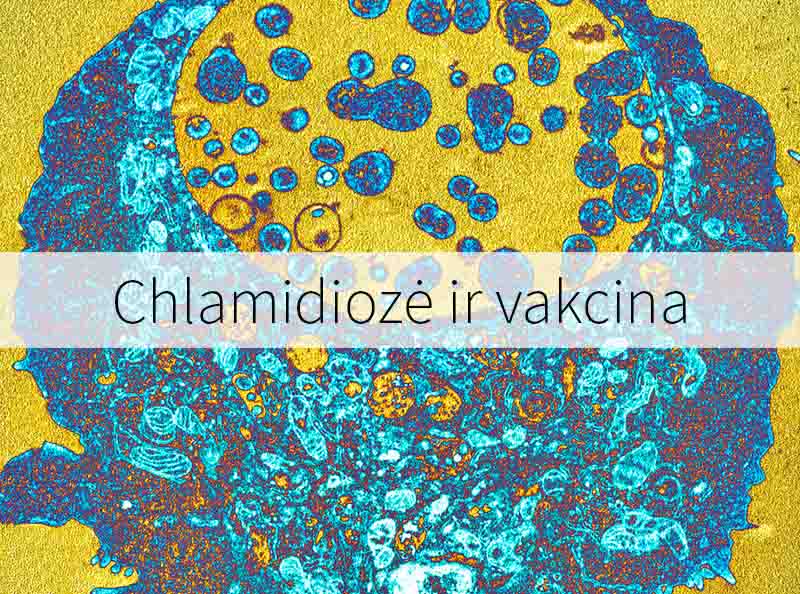Chlamydia is one of the most common sexually transmitted diseases we have in Norway, with over 20,000 new diagnosed cases each year, probably more even without diagnosis. This can be dangerous because untreated infection with chlamydia can result in serious complications such as pregnancy outside the uterus, pneumonia, infertility in women and, in rare cases, blindness if you should be so unlucky to be infected with the infection in the eye. Although the ring effects of a chlamydia infection can be serious, researchers have never succeeded in developing a vaccine.
New and promising vaccine against chlamydia may be on its way
In 2015, a promising vaccine against chlamydia on mice in the United States was tested and according to a new study published in the Vaccine magazine, the vaccine was so effective that it could pave the way for vaccines against other, and at least as serious, sexually transmitted diseases, like HIV and genital herpes. The road, however, has not been easy, and was largely shaded after some unethical attempts on healthy people in the 60’s.
Preventive measures are still more important than a vaccine
The development of vaccine against chlamydia has been on for over fifty years without the researchers coming closer to a functioning vaccine, and the development of a preventive method against the spread of chlamydia can stop infectious diseases, which are often not detected due to the symptom-free nature of an infection. It’s only a few of the infected people who get the classic symptoms of vaginal discharge, pain in urination, and sore genitalia. Despite the fact that the disease seems harmless to most, it can cause serious complications in pregnant women and reproductive problems such as infertility if the infection is left untreated. The main preventive measures are still safe sex and regular “screening” with chlamydia home screening. Although the vaccine is still a year away from now (research takes time), it is a major victory in the fight against sexually transmitted diseases.
